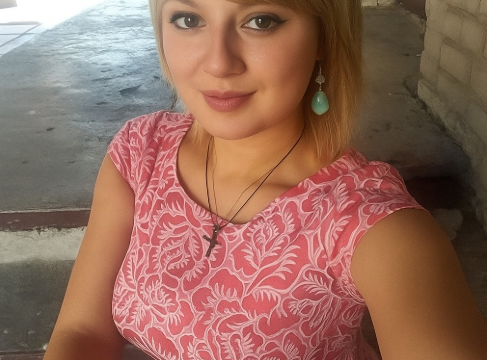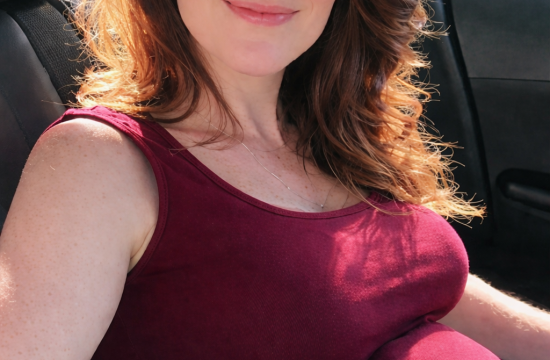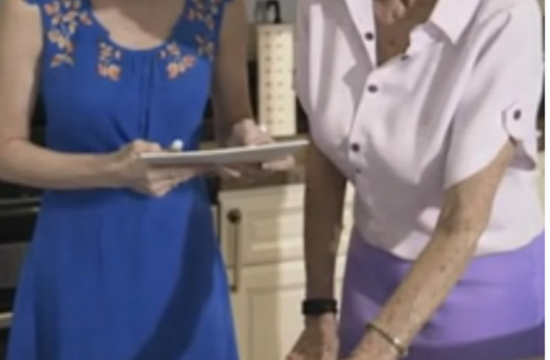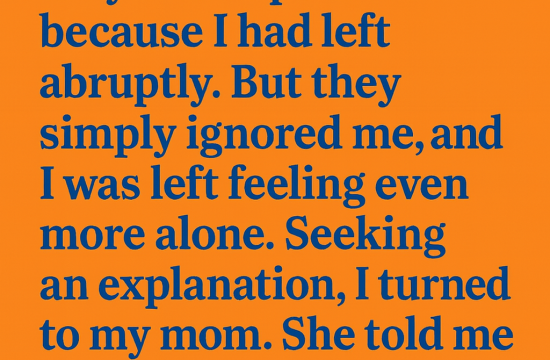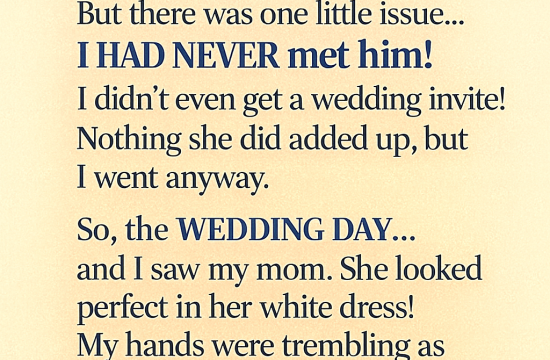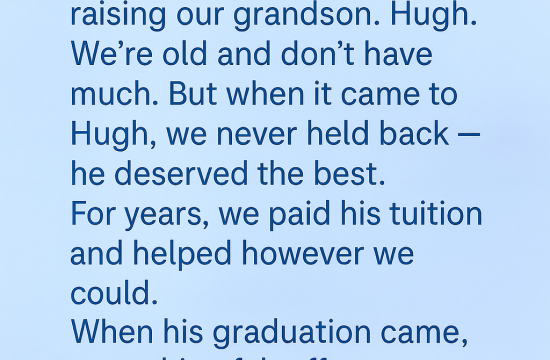I’m 38, married to my husband Rob, who’s 52. His daughter recently got engaged and came to us about the wedding budget. Rob offered to contribute $10,000. Then she turned to me—and asked for more.
When I said no, she snapped, “Of course you won’t. You only married him for what he has.”
I froze. Then I lost it.
“Excuse me? I married your father because I love him. Not because of his wallet. And if you think insulting me will get you more money, think again.”
She rolled her eyes and muttered something about gold diggers. My face burned—anger, embarrassment, hurt blending into one sharp sting.
But what cut deepest wasn’t her insult.
It was Rob’s silence.
He just stood there, stunned. Saying nothing.
Upstairs, behind the slammed bedroom door, the ache finally hit me. I wasn’t just angry—I was heartbroken. I had stepped into Rob’s life ready to embrace his family. I imagined bonding with his daughter, sharing holidays, celebrating milestones. But she’d made it clear from day one: I wasn’t family. I was an intruder.
Later that evening, Rob came upstairs. His eyes were tired.
“I’m sorry,” he said. “I should’ve defended you. I just… didn’t expect her to say that.”
I nodded, but the disappointment lingered.
“She’s hurting,” he added. “Her mom’s death changed her. And I think the wedding stress is bringing it all back.”
I understood grief. But did grief excuse cruelty?
The next morning, needing space to breathe, I packed a small bag and went to my sister’s. She didn’t ask questions; she simply hugged me and put on a pot of tea.
During those quiet days, something softened inside me. I missed Rob—but more than that, I missed the version of our family I still hoped could exist. My sister finally said, “Talk to her. Not because you owe her anything—just because you deserve to be heard.”
So I texted Rob’s daughter.
Asked to meet for lunch.
To my surprise, she agreed.
She walked into the café stiff, guarded, chin squared like she was bracing for a fight. I spoke first.
“I’m not trying to replace your mom,” I said gently. “And I’ve never wanted to take anything from you. But what you said hurt. And I’ve tried for years to connect with you.”
Her eyes filled instantly.
“It’s just… hard,” she whispered. “Every time I see you with Dad, I think about Mom. And then the wedding—everything feels wrong without her.”
My heart softened.
“I’d love to know more about her,” I said quietly. “If you ever want to share.”
Something shifted.
A small crack in a long, cold wall.
She told me about her mother—how she hummed while cooking, how thunderstorms meant snuggling together, how she planted marigolds every spring. I listened, really listened, not as a stepmother, not as an opponent—but as someone who cared about the memories she was trying so hard to protect.
For the first time, we connected.
That night, when I walked back into our home, Rob hugged me with relief. “How did it go?” he asked.
“Better than I hoped,” I said.
And it was.
Slowly, things healed.
She invited me to dress shopping.
We planted her mom’s favorite flowers in her backyard.
We shared stories, tea, small laughs that felt like fragile beginnings.
Then everything changed again.
Rob got sick.
What started as a cough turned into pneumonia, and pneumonia turned into a terrifying diagnosis: early-stage lung cancer.
The world stopped spinning.
His daughter and I stood side by side when the doctor told us the news. No anger. No resentment. Just two people bound by fear and love for the same man.
During chemo, we became a team—cooking, cleaning, taking turns at the hospital. She trusted me with updates, paperwork, the things she used to keep at arm’s length.
One night, in the hospital cafeteria, she looked up and said softly, “I was wrong about you. You’re not taking him from me. You’re holding us together.”
I reached for her hand. “We both love him. That’s enough.”
Months later, Rob improved. When we brought him home, the living room was filled with flowers, gentle blankets, soft jazz. He teared up and whispered, “I’m the luckiest man alive.”
At her wedding, she insisted Rob walk her down the aisle—cane and all. He practiced every day. And when he finally did it, she had me on her other side.
At the reception, she raised her glass.
“To my father, who taught me what real love is. And to the woman who taught me what grace looks like.”
Her eyes locked with mine.
“Thank you for never giving up on me.”
Later that night, under twinkling lights, she hugged me tightly and whispered, “I love you.”
And for the first time—truly—I believed her.
Weeks passed. One quiet evening, Rob and I sipped tea on the porch as the sun dipped low.
“You built a bridge,” he said. “Where I thought there would always be a wall.”
I smiled. “We both did. And it was worth every hard moment.”
Just then, his daughter pulled into the driveway with homemade soup. She joined us, laughing until stars filled the sky. Another night, after a minor car scare, she showed up crying and shaking—no hesitation, no fear. She came home. Our home.
Some families are born.
Others are built piece by piece, forgiveness by forgiveness, choice by choice.
Today, we share birthdays, holidays, quiet garden mornings. It’s not perfect—but it’s real. And real is enough.
When I married Rob, I thought I was gaining a husband.
I didn’t know I was gaining a daughter.


